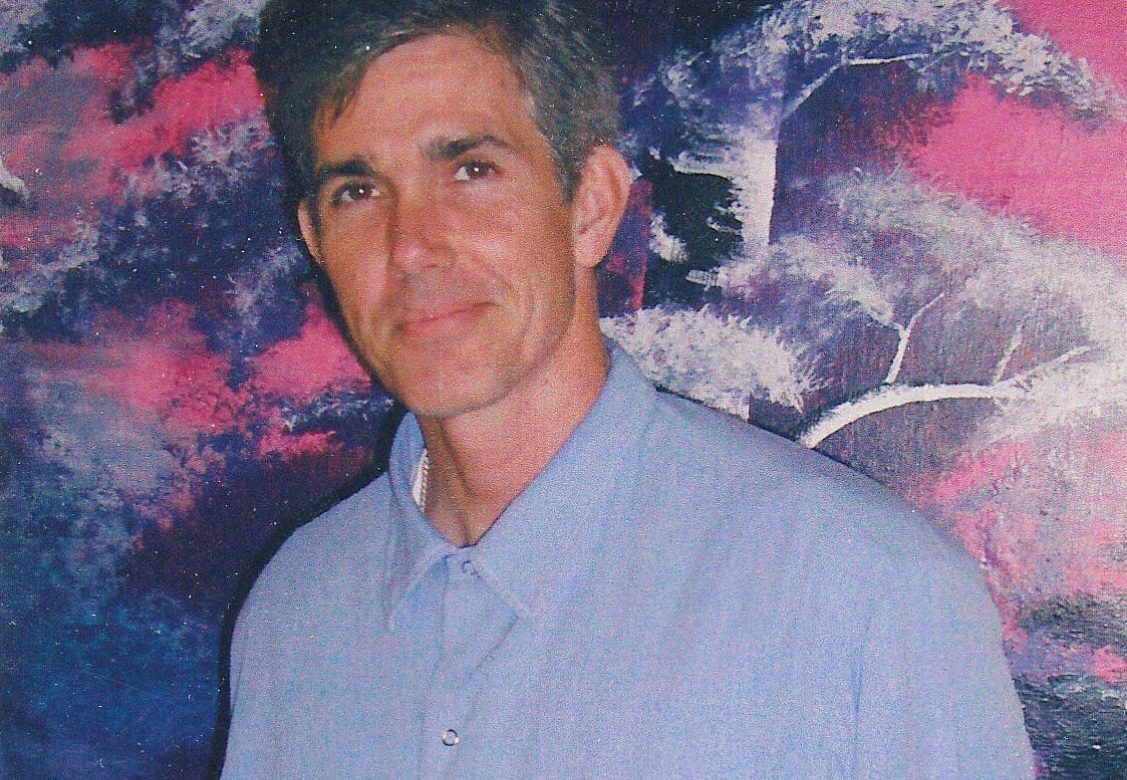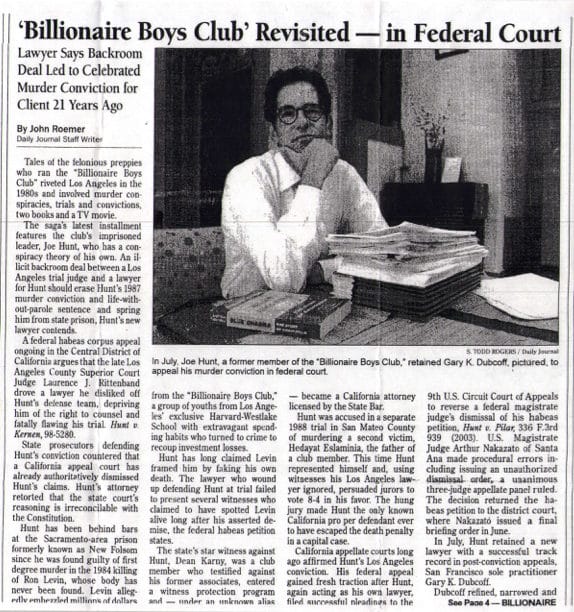Video: How does society benefit when a nonviolent person spends decades behind bars?
Parole boards base their decisions on whether or not a person poses a threat to society.
Joe Hunt argues that his three-decade documented history of nonviolence, even under the “pressure cooker” of prison, proves he poses no threat of future crimes.
Transcript:
I recognize that the whole issue of whether I’m guilty or not, from a perspective of a third party who didn’t live my life, and obviously can’t recall something that would exonerate me, because they weren’t there. And perhaps they weren’t even alive then, they were born subsequent to my arrest and conviction and the events described.
I recognize that, there’s no way they can look through all of this and know for sure one way or the other. So what I would say is that what I want them to think about is that I’ve been in prison now for 31 years. And I did some years in county before that, county jail, and during that whole time that I’ve been in custody, I did not get involved in any sort of violent interaction with other prisoners. I have absolutely no write ups for violence or for drugs or any of that kind of serious misbehavior.
So prison is just like its shown in the movies like there’s, that’s something that Hollywood does justice. The prison movies that show the gang life and the violence and active main life which is where I have been living over the years. It’s accurate. That’s the way life is. It’s a pressure cooker. People are often at their worst and the fact that I have been able to live under that environment and walk a path of peace and non-violence, I think says something about who I am right now.
Regardless of whatever did or didn’t happen in 1984, just setting that aside for the sake of argument, the question then becomes for society to consider: Is it okay a person that has obviously made a commitment to non-violence and to living a moral and decent existence even under the harsh circumstances of prison — should that person be considered for parole? And I hope when it comes to that question, that people say yes that person is worthy of consideration for parole.
You know, whether I should actually be paroled would be decision by the board of prison hearings, but if my sentence is commuted, I’d be eligible for that consideration, and then society’s representatives can decide whether, based on my life in prison, in my last 30 years, I represent a threat to society.
Most people don’t realize that’s the core criteria about whether people are paroled or not. It’s a criteria of the evaluation of future endangerment. So the question is, is this guy who is almost 60 now, is he a threat to society?
And I would think that even my worst detractors, the people who just align with the prosecution theory, would recognize that I am not a threat to society, that the circumstance that they alleged to have occurred and the motivations, and the whole complex interaction between this notorious con man Ron Levin and the BBC — which was an unusual occurrence in and of itself — that whole bizarre incarnation of circumstances is not going to be reproduced.
I’m not like some guy who is accused of doing a series of home burglaries because I got a habit a heroin habit and I’m trying to get drugs. I’m not a person who has been diagnosed with some mental disorder that causes them to be vicious and I’m not a person who is accused of having some qualities or characteristics that makes me a predator.
So at the age of 60, I think, objectively speaking, there’s just no other future dangerousness. I think that that supports the decision for commutation and for potentially parole.
That’s a life parole. Whenever you get paroled on a life sentence you remain under supervision, under a watchful eye, for the rest of your life.




